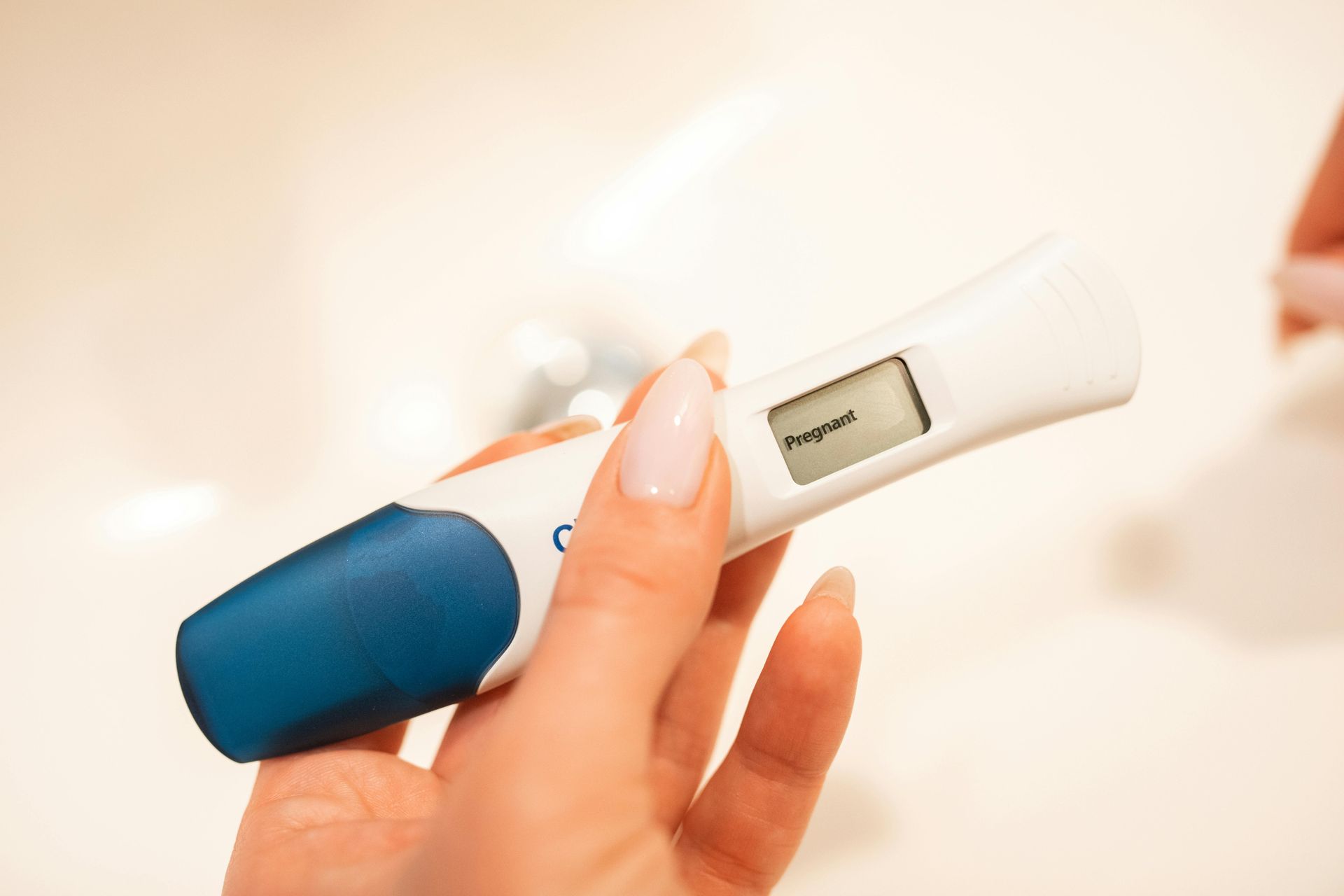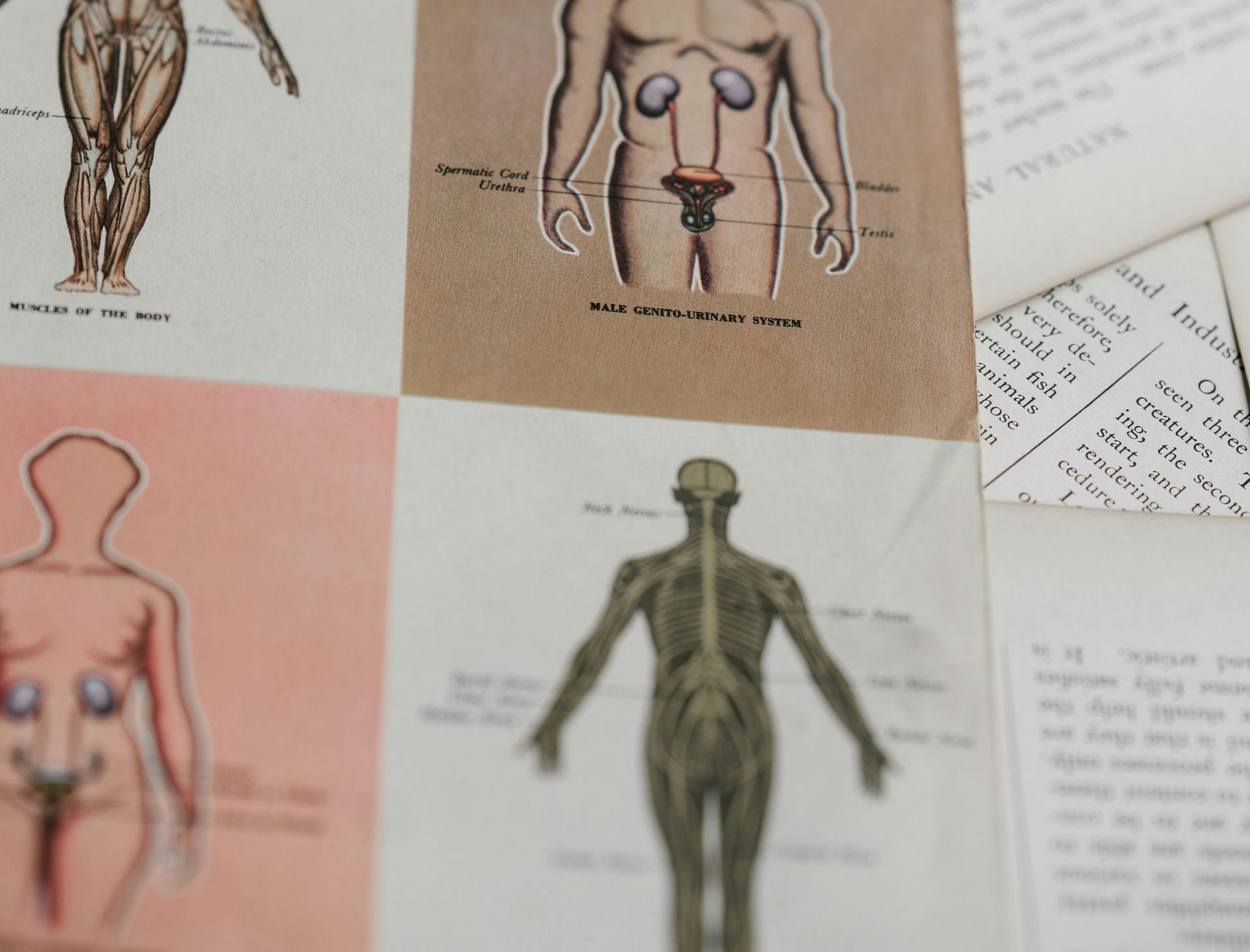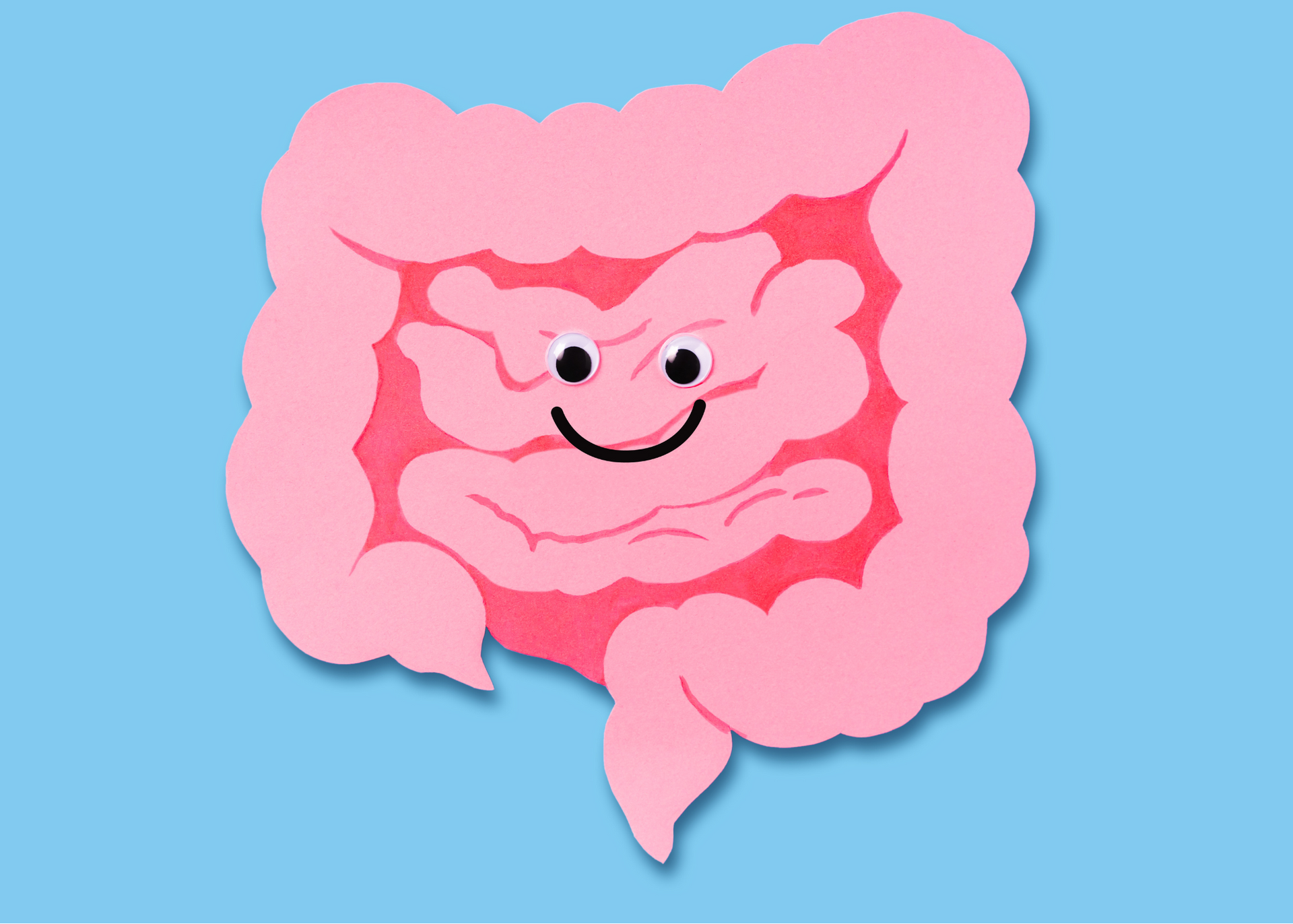Should I see a RD, CNS, or Nutritionist?

You’re dealing with constant bloating and fatigue, and after a deep dive on Google, you find a dozen "nutrition experts" offering conflicting advice.
One recommends a $400 detox kit.
Another says to cut all carbs.
A third tells you to "just listen to your body."
Who do you trust? And more importantly—who’s actually qualified to help?
If you’ve ever searched for a nutrition expert, you’ve probably seen titles like Registered Dietitian (RD), Certified Nutrition Specialist (CNS), and nutritionist.
But these credentials
aren’t interchangeable—and knowing the difference can help you find the right expert to truly improve your health
Registered Dietitian (RD)
A Registered Dietitian (RD, or sometimes RDN) is a licensed nutrition expert with extensive training in clinical nutrition, medical nutrition therapy, and disease management.
What It Takes to Become an RD:
✔️ Earn a bachelor’s and master’s degree in nutrition from an accredited program, including university-level courses in nutrition science, biochemistry, physiology/anatomy, and behavioral science.
✔️ Complete
1,200+ hours of supervised practice in clinical and community settings.
✔️ Pass the
national board exam administered by the Commission on Dietetic Registration.
✔️ Maintain continuing education to stay current with emerging research.
What an RD Can Do:
- Provide Medical Nutrition Therapy (MNT) for conditions like IBS, PCOS, and other complex health issues that require in-depth care.
- Offer personalized nutrition and lifestyle strategies based on peer-reviewed scientific research.
- Work in hospitals, wellness centers, or community centers.
- IF they are Functional Medicine Certified: Use advanced lab testing to assess gut health, hormone balance, and metabolism.
As noted above, dietitians that are also certified in functional medicine use a holistic approach that includes advanced lab testing and nutrition, lifestyle, and supplement strategies tailored to each person’s unique biochemistry.
Fun fact: I worked in a wellness center for six months before starting my private practice. I felt really limited in that setting, and opening my own practice has allowed me to provide
the most top-notch care possible.
Certified Nutrition Specialist (CNS)
A Certified Nutrition Specialist (CNS) is another highly trained nutrition professional, but with a stronger focus on functional and integrative health.
What is Takes to Become a CNS
✔️ Earn a master’s or doctorate degree in nutrition or a related field, including university-level courses in nutrition science, biochemistry, physiology/anatomy, and behavioral science.
✔️ Complete
1,000+ hours of supervised practice.
✔️ Pass the
national board exam
administered by The Board for Certification of Nutrition Specialists.
✔️ Maintain
continuing education to stay current with research.
What a CNS Can Do
- Provide Medical Nutrition Therapy (MNT) for conditions like IBS, PCOS, and other complex health issues that require in-depth care.
- Use advanced lab testing to assess gut health, hormone balance, and metabolism.
- Offer personalized nutrition and lifestyle strategies based on peer-reviewed scientific research.
While some Dietitians are trained in functional medicine and integrative health,
all
CNS practitioners specialize in these methods.

What About Nutritionists?
Here’s where things get tricky: the term “nutritionist” is not regulated in most states.
This means anyone—even someone with no formal education or training—can call themselves a nutritionist.
Yikes.
Some nutritionists have legitimate degrees and certifications, but others may have only taken a quick online course (or worse, have no training at all).
This lack of regulation can lead to:
- Misinformation about health and nutrition.
- Unsafe supplement and diet recommendations.
- Confusion about who is actually qualified to help.
Before working with a nutritionist,
always check their credentials.
If they don’t have an RD or CNS certification, ensure they have extensive education, supervised clinical experience, and peer-reviewed research to back up their recommendations.
Red Flags of an Unqualified Nutritionist:
❌ No formal degree in nutrition or a related field.
❌ No supervised clinical experience.
❌ Bases recommendations on personal anecdotes instead of research.
❌ Promotes expensive, unnecessary supplements or extreme diets.
❌ Claims to have a “secret” formula that doctors and RDs won’t tell you.
Key Takeaways: Who Should You Trust?
Education Matters: Both RDs and CNSs have extensive university-level education in clinical nutrition. A "nutritionist" may not.
Clinical Training is Essential: RDs and CNSs must complete 1,000+ hours of supervised practice. Nutritionists? Not required.
Legal Scope of Practice: RDs and CNSs are legally allowed to provide Medical Nutrition Therapy (MNT). Nutritionists cannot.
Commitment to Science:
RDs and CNSs must pass rigorous national board exams and complete continuing education to stay current with research. Nutritionists? No such requirements.
Real-Life Examples: Who Should You See?
You’re struggling with bloating, constipation, or gut issues and want a science-backed approach to improving your gut health: RD or CNS
You were just diagnosed with PCOS and need help stabilizing your blood sugars and lowering your testosterone: RD or CNS
You’re struggling with infertility and want to try a natural approach before resorting to IVF: RD or CNS
You’re exhausted and want testing to identify identify (and fix) root causes: RD or CNS
You just want basic wellness advice on eating healthier: RD, CNS, or qualified nutritionist with a degree and supervised experience (always verify credentials!).
The Bottom Line
Your health is too important to trust just anyone with nutrition advice.
Both RDs and CNS professionals have spent years studying nutrition science, completing thousands of hours of clinical training, passing rigorous board exams, and staying up to date with ongoing research.
Their advice is grounded in evidence-based science—not internet trends.
Our team is made up of only RD’s and CNS’s, and we’ve worked with countless clients to uncover the root causes of their health issues and create science-backed nutrition plans that actually work.
If you’re looking for personalized, expert nutrition guidance, we’d love to help.
Learn more about working with us
here.
Continue Reading














